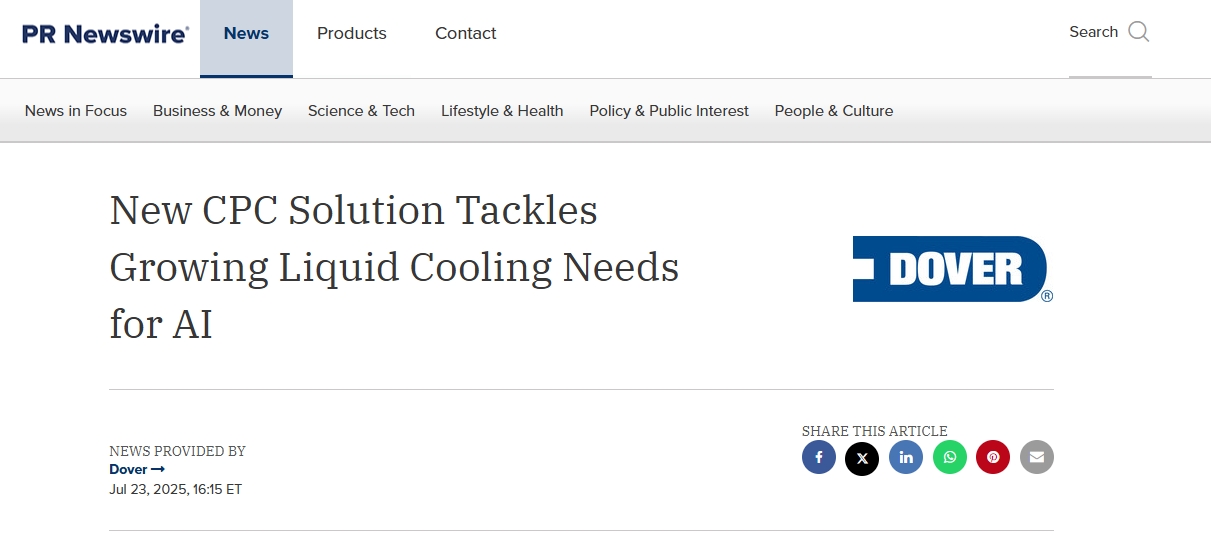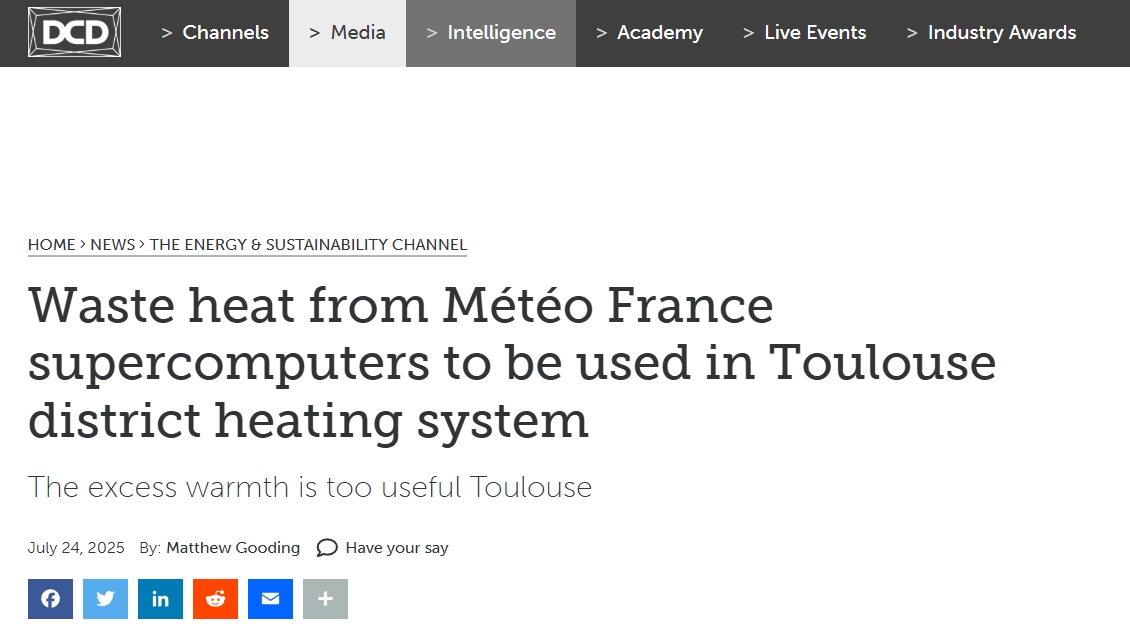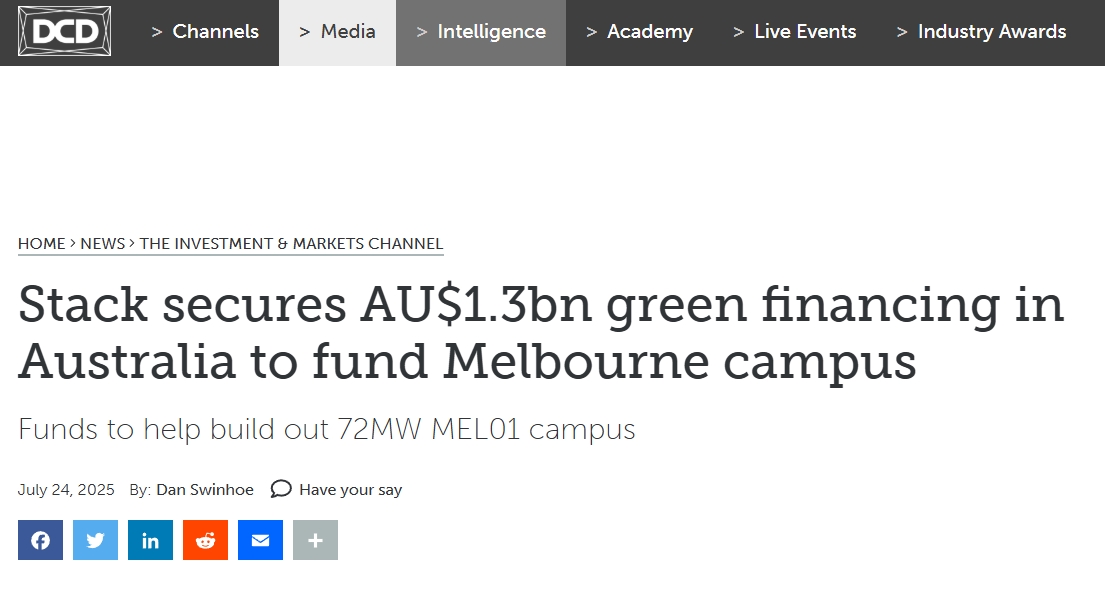NEW YORK, July 11 (Reuters) - ByteDance, the Chinese owner of short video app TikTok, will allow shares owned by U.S. employees to vest without waiting for the company to list in the stock market, thereby letting them cash out, according to people familiar with the matter.
The move is aimed at appeasing restless employees who have been waiting for an initial public offering (IPO) to profit from the shares they have been awarded as part of their compensation.
It is also an indication that ByteDance, whose worth in excess of $200 billion makes it the world's most valuable startup, is in no rush to go public amid Beijing's heightened scrutiny of China's technology giants.
ByteDance will now allow restricted shares held by U.S. employees to vest as long as sufficient time has passed, the sources said. The company previously set a "liquidity event", such as an IPO or company sale, as a condition for the vesting to occur, the sources added. Once vested, the shares can be exchanged by the employees for cash in one of ByteDance's stock buyback programs.
The employees were informed of the changes on Tuesday, the sources said. A ByteDance spokesperson confirmed that the company has changed its share vesting rules but declined to comment on the details.
"Our goal is to provide competitive rewards for our employees. We announced an internal solution that will make our U.S.-based employees eligible to participate in future share buyback programs," the spokesperson said.
The move applies to ByteDance's U.S. employees, which include about 7,000 TikTok employees.
The changing of the rules has a downside for some employees, the sources said. The vesting of the shares will now be considered a U.S. taxable event, even for employees who have not sold their shares, according to the sources. The employees will have to pay the tax out of their own pockets or sell some of their shares to cover that expense, the sources said.
Severing the link between shares vesting and a company going public is known in the start-up world as removing the "double trigger", and can come with a hefty tax bill. Payments processor Stripe, which is waiting to go public, used part of its proceeds from a $6.5 billion fundraising round earlier this year to cover the tax expenses for itself and its employees associated with removing the double trigger.
ByteDance initiated stock buyback programs for employees globally in 2017, and had most recently launched one in April, according to the sources. These programs were not previously accessible to U.S. employees that did not own fully vested stock.
The company is planning to launch another buyback program in the fourth quarter of 2023, the sources said.
Employees own 20% of ByteDance, while 60% is owned by global investors, and 20% by its founders.
The U.S. employees have faced heightened political and regulatory scrutiny because of U.S. concerns that ByteDance may be sharing TikTok user data with the Chinese authorities.
TikTok, which is used by more than 150 million Americans, insists it "has not shared, and would not share, U.S. user data with the Chinese government, and has taken substantial measures to protect the privacy and security of TikTok users."
While it has so far been spared a contemplated federal ban, TikTok faces a block in Montana, which it is challenging. The White House has banned TikTok on government-issued devices.
Reporting by Echo Wang in New York Additional reporting by Krystal Hu in New York Editing by Greg Roumeliotis and Anna Driver







